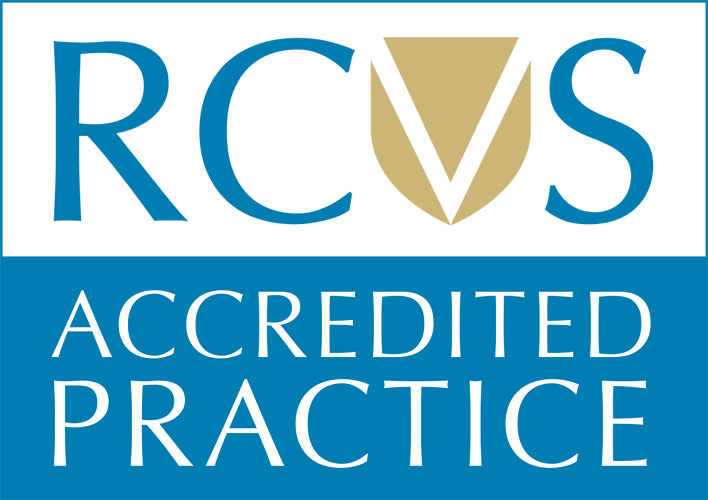Rabbits
Rabbits are classed as exotic pets as they have complex health, care and behavioural needs. The following information summarises key areas all rabbit owners must be aware of:
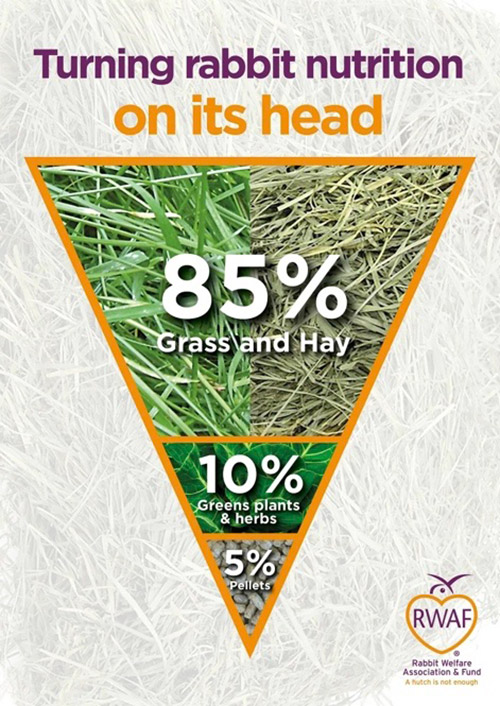 Diet
Diet
- Rabbit’s have a unique digestive tract that requires them to consume large volumes of fibre daily. This would be grass or hay for pet rabbits.
- A healthy, balanced diet consists of 85% hay/grass, 10% fresh greens, 5% pellets daily.
- Rabbits need a constant flow of food through their digestive tract to keep their guts moving and working. If this does not occur (some common causes of this include illness, incorrect diet, pain from dental disease) they are at risk of developing gut-stasis. This is where their gastro-intestinal tract either slows down or stops completely. This is life-threatening and will require emergency veterinary intervention.
- Any change in diet should be made gradually to avoid G.I upset.
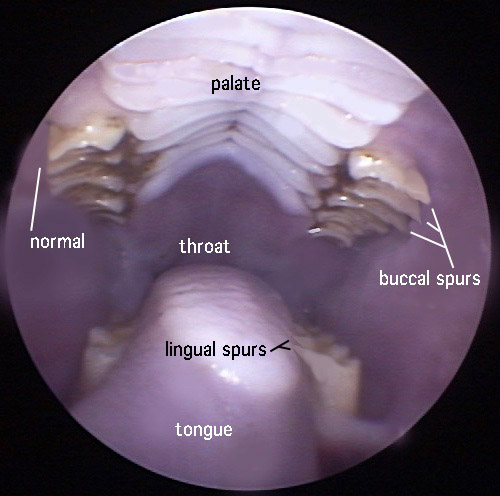 Teeth
Teeth
- Rabbits teeth grow continuously throughout their lifetime
- They need to consume roughage such as hay or grass to keep their teeth worn down.
- Rabbits teeth will grow on average 3-4mm per week
- If teeth are not kept worn down they will quickly become overgrown, causing pain and difficulty eating, which will require veterinary dental treatment.
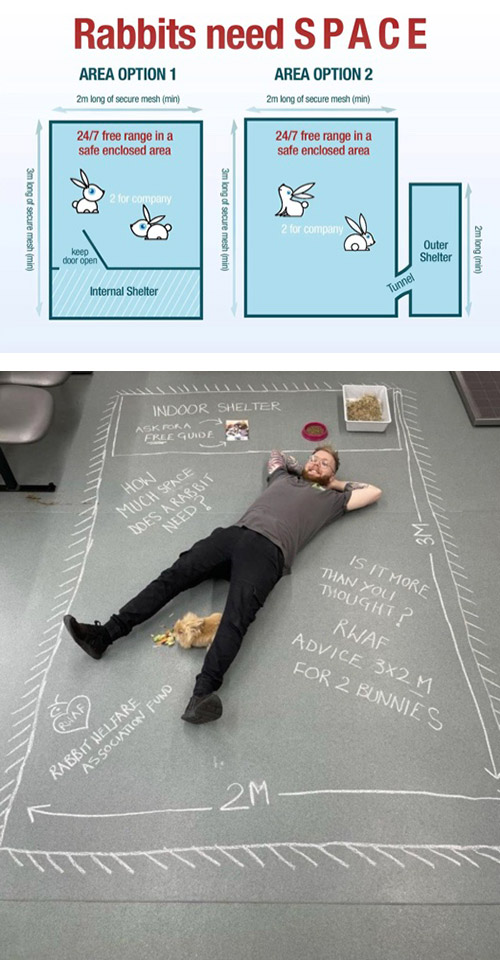 Housing
Housing
- The minimum living space for a pair of average sized rabbits (and they should be kept in at least pairs) is a single enclosed area of at least 3m x 2m x 1m high.
- Rabbits are active intelligent animals that need space to display natural behaviours.
- Hutches are out of date and are not suitable for rabbits to live in.
 Behaviour
Behaviour
- Rabbits are highly social creatures that need company from other rabbits.
- This stems from them being a prey animal and needing to rely on the company of other rabbits for warmth, companionship, and survival from predators (rabbits will lookout and warn each other when predators are around).
- Studies have shown that rabbits value the company of other rabbits as much as they value food. We wouldn’t dream of keeping food from them, so why starve them emotionally by keeping them alone?
 Neutering
Neutering
- Male rabbits should be castrated (as soon as their testicles descend – roughly at 10-12 weeks old) and female rabbits should be spayed (from 16-20 weeks of age)
- Neutering will prevent unwanted (and un-needed) pregnancies, prevent reproductive cancers (80% of entire females will develop reproductive cancers at the age of 4 years old), allow for litter-box training and is vital for bonding rabbits.
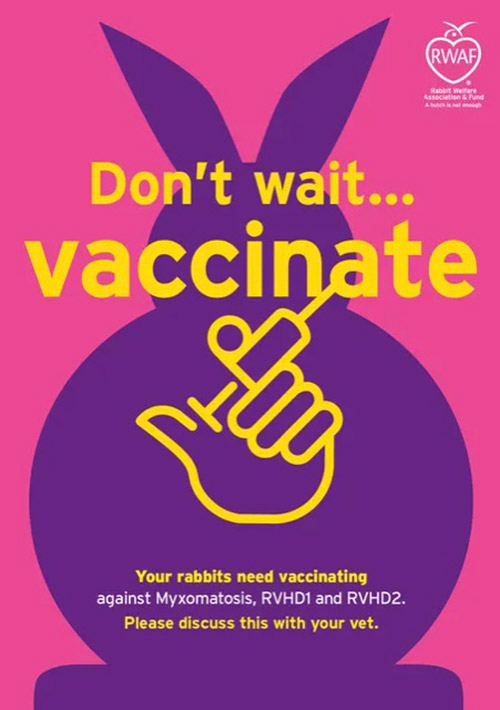 Vaccinations
Vaccinations
- Rabbits need to be vaccinated annually to protect them against Myxomatosis, Rabbit Viral Haemorrhagic Disease strain 1 (RVHD 1) and Rabbit Viral Haemorrhagic Disease strain 2 (RVHD 2) which are all fatal if contracted.
- All rabbits need to be vaccinated, whether they live indoors or outdoors.
- The vet will carry out a health examination before administering the vaccine.
For more information please visit the Rabbit Welfare Association & Funds website – www.rabbitwelfare.co.uk
Thank you to the Rabbit Welfare Associate & Funds for the above content & images

